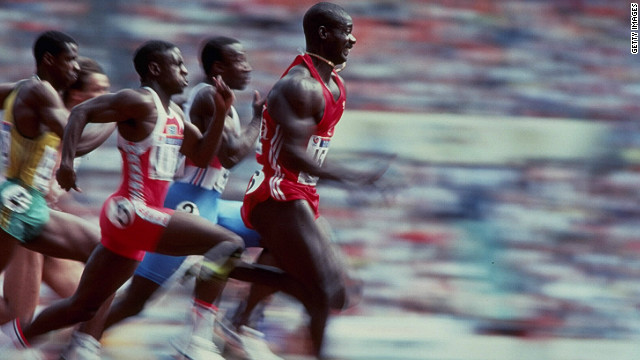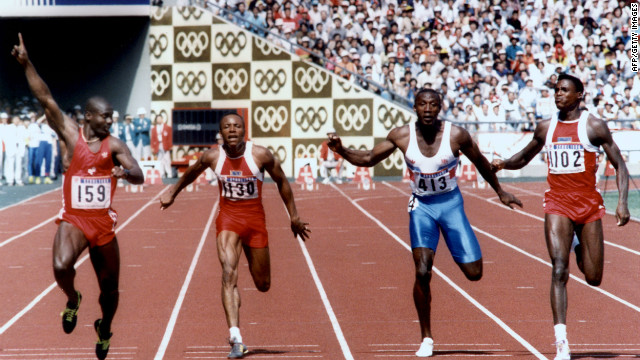In Chicago, the National Labor Relations Board made a decision that has the potential to change the state of
sports, nay the state of America, as we know it. A group of football players
from Northwestern University headed by former quarterback Kain Colter appeared
in front of the Board with the intent to unionize as employees of the
university. The NLRB ruled in favor of the student-athletes, much to the dismay
of colleges everywhere. The group of athletes is seeking better medical
coverage, four-year scholarships and the all-important chance of being paid.
The case will likely be reviewed by the NLRB reps in Washington D.C. but it is
probably going to take a deal of time. This has given credibility to the debate
of college-athletes and salaries for them and brought the idea to the front
page of the sports world.
There is no doubt that college
sports are a financially lucrative business in modern society and the athletes
that bring the sport its popularity are shielded from wreaking the immediate
benefits. That being said, college-athletes are amateurs by legal definition
and should not be paid to play. As high school recruits sign their letters of
intent to attend a university under an athletic scholarship, they are giving
their athletic abilities to the university in exchange for a free college
education. They are, in a sense, un-paid interns of the university. They put in
hard work and have to follow a demanding schedule but do this at their own
risk; they chose to sign that letter knowing full well they will not see the
cash they help bring in.
There are many holes in a
collegiate landscape filled with paid athletes. First, is the unbelievable
financial toll it would bear on universities. According to a study done by the National Collegiate Players Association and Drexel University, the average
football player would be worth $137,357 and a higher end football program, like
Texas, having the average total over a half a million. This load would be too
much to handle for smaller Division I universities and likely would send them
in a financial downward spiral. Another issue stems from the idea that if
players
are paid, colleges could no longer hide behind the notion that athletes
are amateurs by the legal definition. So these players will be taxed just as if
they were receiving a salary for any other job. |
| Kain Colter with College Athletes Players Association representatives |
There remain countless arguments on
both sides of the pay-for-play idea in college sports but some are just
outright ridiculous to say the least. First, the idea that these student-athletes
are going to college primarily for an education is outrageous and just isn’t
true. This doesn’t necessarily mean that a full scholarship isn’t appropriate
compensation for those who want to play college sports but their main focus is
finding a university that fits their needs athletically. Second, those who
think that college athletes are being exploited for their talents by not
getting paid are ignoring the life of these athletes. Yes, the student-athletes
aren’t seeing a source of income and their athletic responsibilities hinder
their ability to take on a job, but they are very much taken care of. These student-athletes
have a whole staff of coaches, trainers, and other students always looking
after them, they have team dinners together while they are on the road and they
have the type of structure that regular college students can’t imagine.
Although this isn’t likely to be resolved in the near future it is a hard pressing issue in the state of sports so what do you think? Do college-athletes deserve the right to be paid? How would you compensate college athletes for their hard work and time they contribute to their sports program? Leave your answers in the comments down below!




